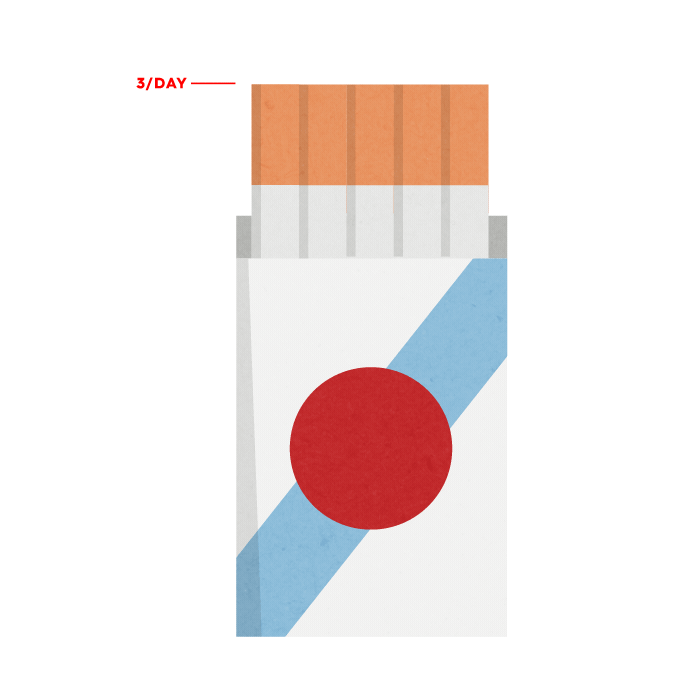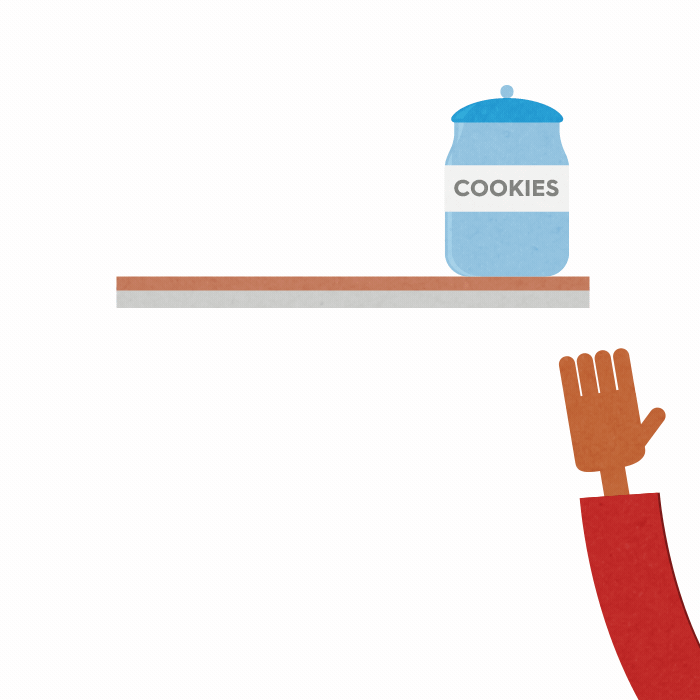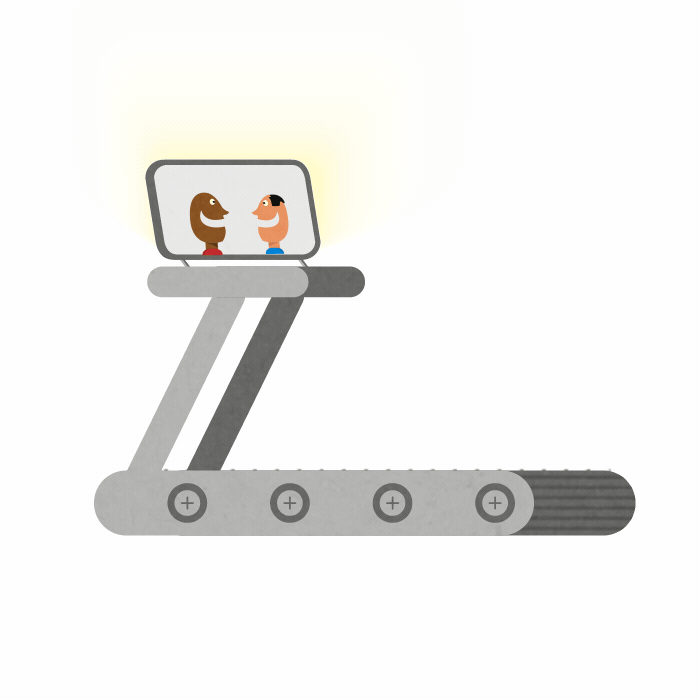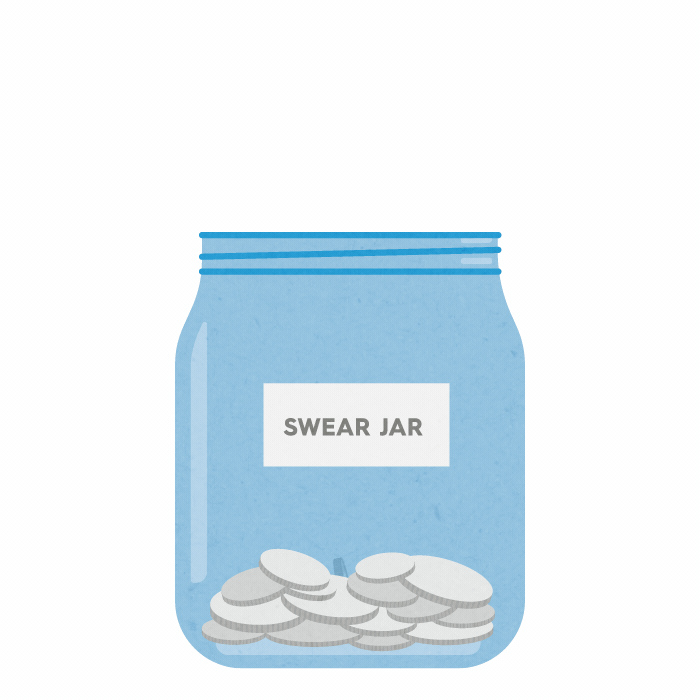It’s a new year. Whether or not you’re the resolutions type, we’re guessing you have some goals you’d like to achieve—and making them happen isn’t always easy. Time, energy, willpower—there are a million things that make it difficult. But with a little more structure and discipline, you can achieve your goals. The key to getting that structure? Habits.
Lately, we’ve been intrigued by the work of Gretchen Rubin, author of Better Than Before. Her excellent book teaches you how to form habits based on your personality type, a huge factor in making them stick. Whether you want to lose weight or build a website, the more you build related habits into your life, the more likely you are to succeed.
We’re total converts to Rubin’s methods, and we’ve found a few of her strategies particularly useful. Since we love them so much, we wanted to share 7 strategies to help you work more efficiently, build more structure, and live a happier life. Depending on your personality type, some may be more attractive to you than others. But they can all help in some way. Enjoy.
1) Monitoring
Before you try to change a behavior, monitor, measure, or track it. This will give you accurate data to measure your progress against.
Example: If you want to stop smoking, track not just how many cigarettes you smoke a week but the frequency and times of day.

2) Strategy of Convenience
Make it easier to do positive things and harder to do negative things.
Example: If want to avoid sweets, keep them out of your pantry sightline—or decide not to keep them in the house at all.

3) Pairing
Staple one activity to another so that you only allow yourself to do one thing when you do the other.
Example: If you want to exercise more, decide that you can only watch Netflix when you’re on the treadmill.

4) Accountability
Find someone to participate in or report your progress to—even better, assign a consequence for not following through.
Example: If you want to swear less, take a note from your mother and charge yourself for every slip-up.

5) Scheduling
Schedule events in your calendar to carve out dedicated time—no matter how minimal.
Example: If you want to volunteer more, designate the first Saturday of each month as your volunteer day.

6) Distraction
Research shows cravings diminish after 15 minutes. Redirect your focus via a menial task or mental exercise to bide your time.
Example: Instead of drinking a glass of wine, create a quick flower arrangement.

7) Clarity of Action
Break your goal down into specific, concrete actions. The more specific you are, the easier it is to track. (Call back to tip #1: Monitoring!)
Example: If you want to eat healthier, decide to bring a home-cooked meal to work 3 days a week.

We hope some of these strategies help you make progress in the areas you want, and we wish you luck on your journey. If you want more, check out Rubin’s book to learn about all 21 strategies. And if you ‘ve found any useful productivity hacks of your own, we’d love to hear about them.




